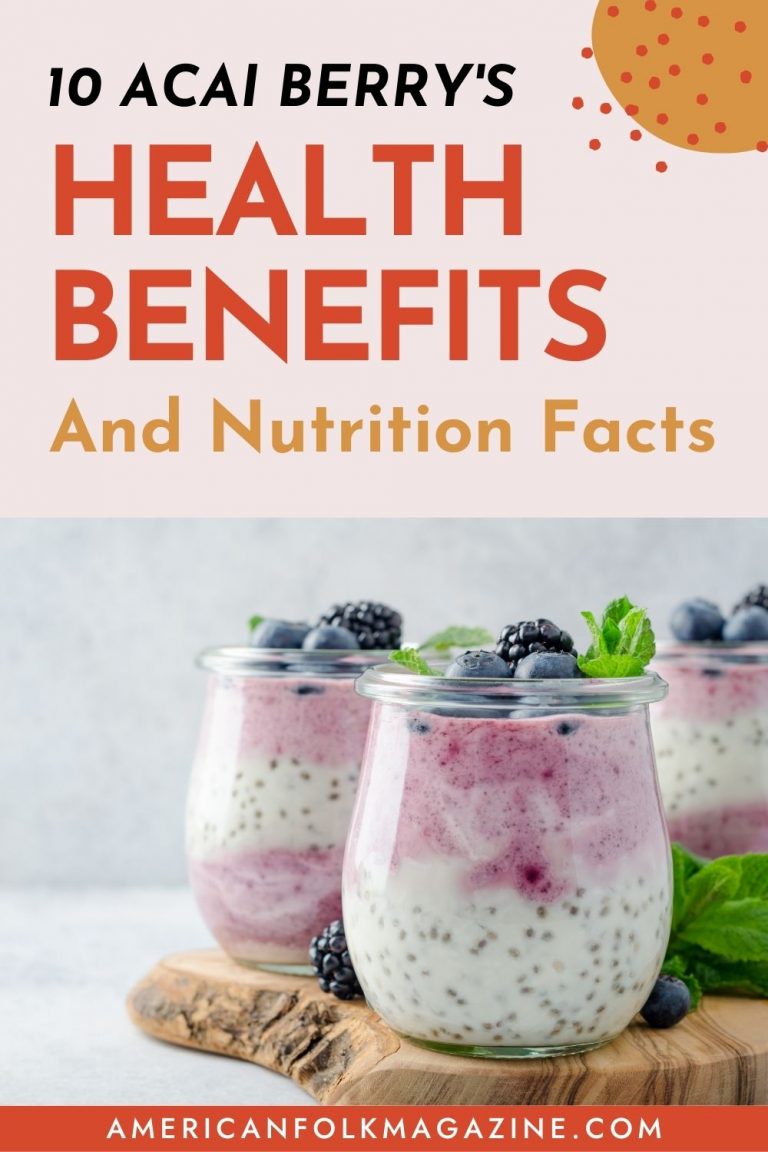Mangoes are one of the most popular tropical fruits worldwide, known for their sweet and tangy flavor. But did you know that mangoes are also packed with essential nutrients and health benefits? In this article, we will explore ten health benefits of mangoes and their nutrition facts.
Nutritional Profile of Mangoes
Mangoes are a tropical fruit that are not only delicious but also packed with nutrients. One cup (165 grams) of fresh mango provides 99 calories, 1.4 grams of protein, and 25 grams of carbohydrates, of which 2.6 grams are fiber and 23 grams are naturally occurring sugar. Mangoes are low in fat and sodium, making them a healthy addition to any diet.
Here is a table showing the nutritional content of one cup (165 grams) of fresh mango:
| Nutrient | Amount |
|---|---|
| Calories | 99 |
| Protein | 1.4 g |
| Fat | 0.6 g |
| Carbohydrates | 25 g |
| Fiber | 2.6 g |
| Sugars | 23 g |
| Sodium | 2 mg |
| Vitamin C | 60 mg |
| Vitamin E | 1.5 mg |
| Folate | 71 mcg |
Mangoes are also a good source of several important vitamins and minerals. One cup of mango provides 50% of the daily recommended intake of vitamin C, which is essential for immune system function and collagen synthesis. Mangoes also contain vitamin A, which is important for eye health, and vitamin B6, which is necessary for brain development and function.
In addition, mangoes are a good source of dietary fiber, which can help regulate digestion and promote feelings of fullness. They also contain several important minerals, including potassium, which is important for heart health, and copper, which is necessary for the production of red blood cells.
Overall, mangoes are a nutritious and delicious fruit that can be enjoyed in a variety of ways. Whether eaten fresh, blended into smoothies, or used in recipes, mangoes are a great way to add flavor and nutrition to any meal or snack.
10 Health Benefits of Mangoes
Mangoes are not only delicious but also packed with nutrients that offer numerous health benefits. Here are 10 of the most significant health benefits of mangoes.
1. Boosts Immunity
Mangoes are rich in vitamins A and C, which are essential for a healthy immune system. These vitamins help to strengthen the body’s natural defense against infections and diseases.
2. Promotes Digestive Health
Mangoes are a good source of fiber, which is necessary for maintaining a healthy digestive system. The fiber in mangoes helps to prevent constipation and promotes regular bowel movements.
3. Supports Heart Health
Mangoes contain potassium, which is essential for maintaining a healthy heart. Potassium helps to regulate blood pressure, which reduces the risk of heart disease.
4. Improves Eye Health
Mangoes are rich in beta-carotene, which is converted into vitamin A in the body. Vitamin A is essential for maintaining healthy eyesight and preventing age-related macular degeneration.
5. Promotes Healthy Skin
Mangoes are rich in vitamin C, which is essential for healthy skin. Vitamin C helps to produce collagen, which keeps the skin firm and prevents wrinkles.
6. May Aid Weight Loss
Mangoes are low in calories and high in fiber, making them an ideal food for weight loss. The fiber in mangoes helps to keep you feeling full for longer, reducing the urge to snack between meals.
7. Regulates Blood Sugar
Mangoes have a low glycemic index, which means they do not cause a rapid increase in blood sugar levels. This makes them an ideal food for people with diabetes.
8. Boosts Brain Health
Mangoes contain glutamine acid, which is essential for maintaining healthy brain function. Glutamine acid helps to improve memory and concentration.
9. Improves Bone Health
Mangoes are rich in vitamin K, which is essential for maintaining strong bones. Vitamin K helps to improve calcium absorption, reducing the risk of osteoporosis.
10. Has Anti-Cancer Properties
Mangoes contain antioxidants, such as quercetin, isoquercitrin, astragalin, fisetin, gallic acid, and methylgallat, which have been shown to have anti-cancer properties. These antioxidants help to protect the body’s cells from damage that can lead to cancer.
Conclusion
Mangoes are a delicious and nutritious fruit that offer several health benefits. They are a rich source of vitamins, minerals, and antioxidants that can help improve overall health and wellbeing.
In this article, we have discussed the nutrition facts and health benefits of mangoes. Mangoes are low in calories and high in fiber, making them an excellent choice for those looking to lose weight or maintain a healthy weight. They are also a good source of vitamin C, vitamin A, and vitamin B6, which can help support the immune system, improve vision, and promote healthy skin.
Moreover, mangoes contain several antioxidants, including polyphenols and carotenoids, which can help protect against oxidative stress and reduce the risk of chronic diseases such as cancer, heart disease, and Alzheimer’s disease.
In addition to their nutritional value, mangoes are also versatile and can be used in a variety of dishes, from smoothies and salads to desserts and sauces.
Overall, incorporating mangoes into a healthy and balanced diet can provide several health benefits and add a delicious and nutritious twist to any meal.
References:
- https://www.verywellfit.com/mango-calories-and-nutrition-facts-3982611
- https://www.webmd.com/diet/health-benefits-mango
- https://www.mango.org/mango-nutrition/
- https://www.healthline.com/nutrition/mango
Pin It In Your Board











